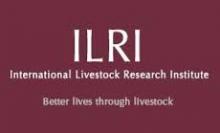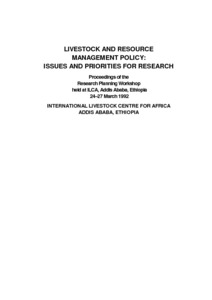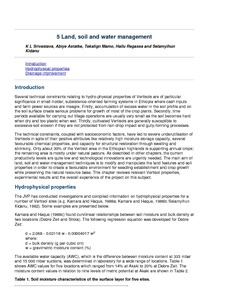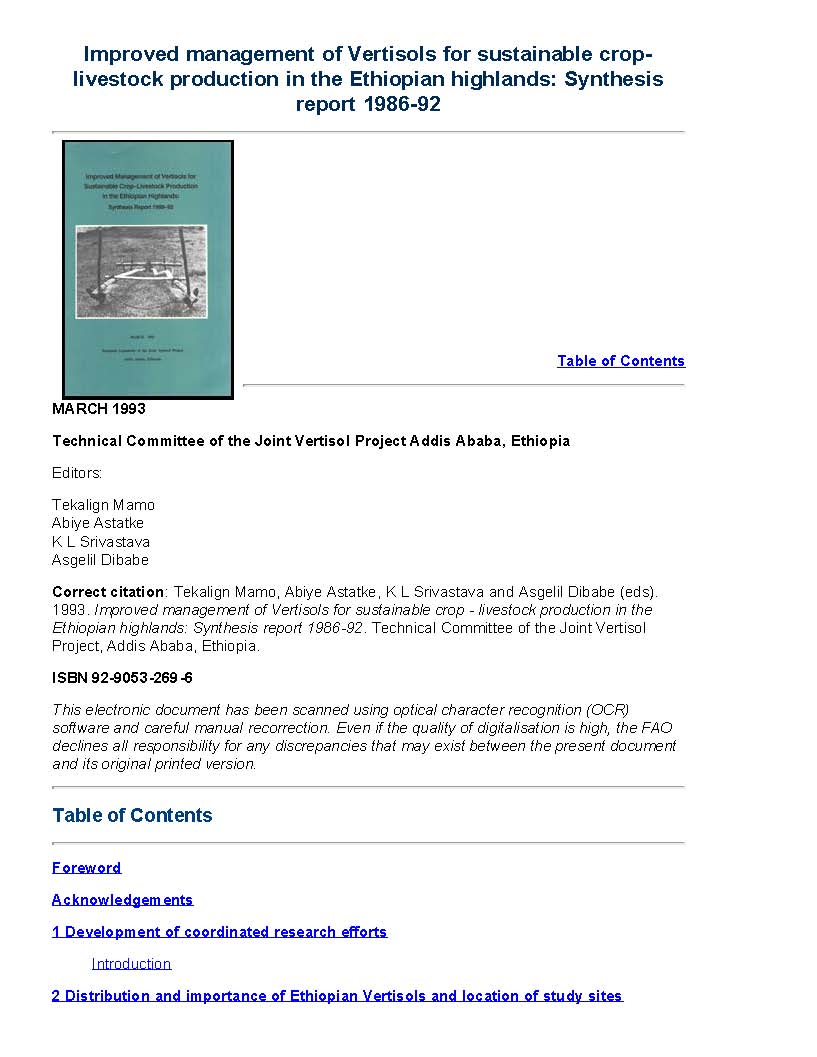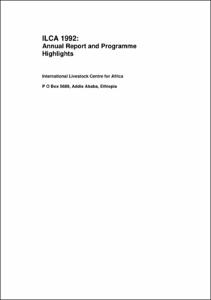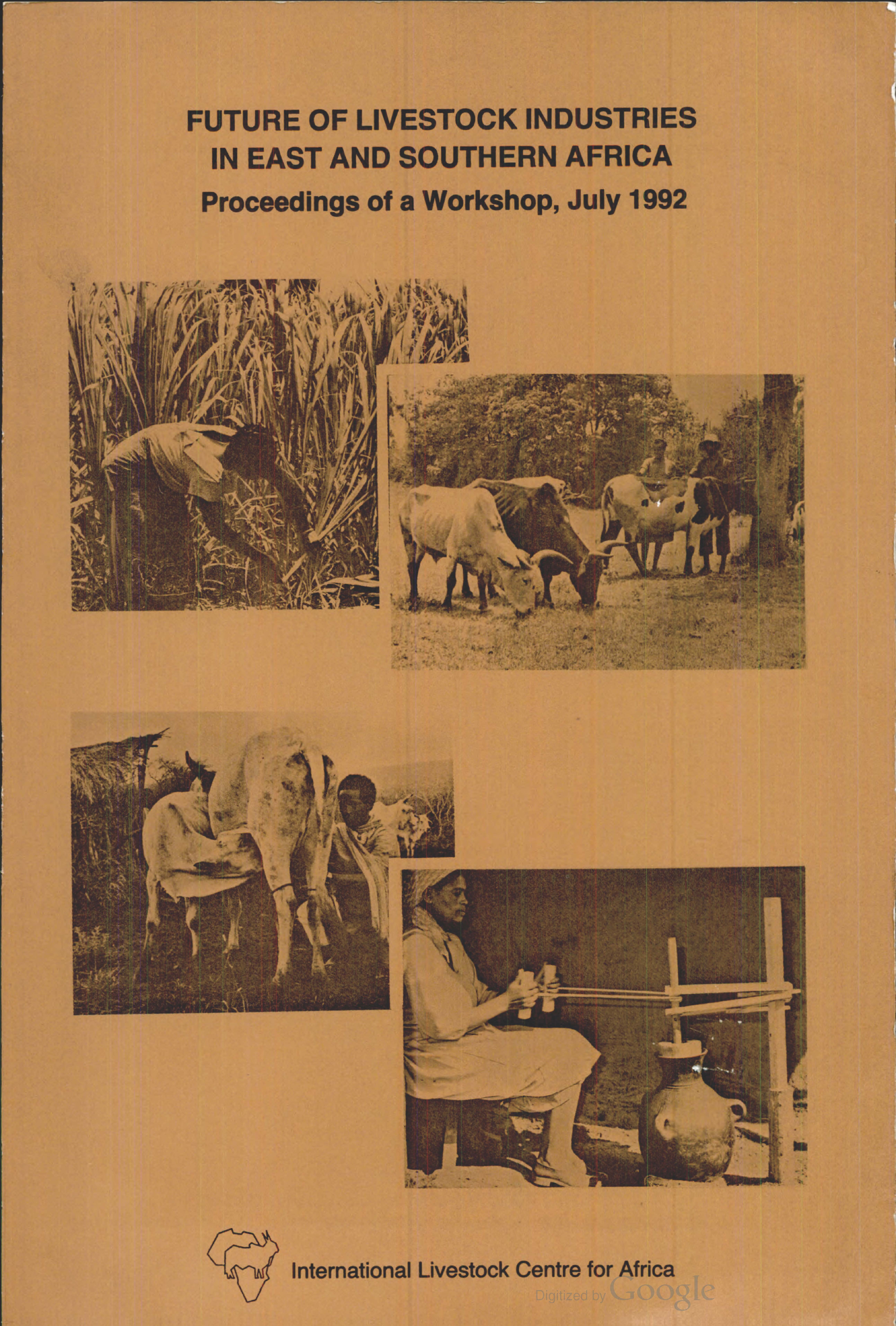Location
Vision, mission and strategy
ILRI's strategy 2013-2022 was approved in December 2012. It emerged from a wide processof consultation and engagement.
ILRI envisions... a world where all people have access to enough food and livelihood options to fulfil their potential.
ILRI’s mission is... to improve food and nutritional security and to reduce poverty in developing countries through research for efficient, safe and sustainable use of livestock—ensuring better lives through livestock.
ILRI’s three strategic objectives are:
- with partners, to develop, test, adapt and promote science-based practices that—being sustainable and scalable—achieve better lives through livestock.
- with partners,to provide compelling scientific evidence in ways that persuade decision-makers—from farms to boardrooms and parliaments—that smarter policies and bigger livestock investments can deliver significant socio-economic, health and environmental dividends to both poor nations and households.
- with partners,to increase capacity among ILRI’s key stakeholders to make better use of livestock science and investments for better lives through livestock.
This is ILRI’s second ten-year strategy. It incorporates a number of changes, many based on learning from the previous strategy (2000–2010, initially produced in 2000 and modified in 2002), an interim strategy (2011–2012) and an assessment of the external and internal environments in which the institute operates.
Members:
Resources
Displaying 991 - 995 of 1152Livestock and resource management policy: Issues and priorities for research. Proceedings of the research planning workshop
This workshop was convened to help ILCA develop priorities and plan for research over the five year period, 1994-1998. The purpose of the workshop was to identify issues and priorities for research and training in the general areas of livestock and resource management policy, appropriate methodologies for research in these priorities, the role of ILCA in policy research and opportunities for collaboration with national and international institutes.
Land, soil and water management
This chapter reviews relevant Vertisol properties, experimental results and the overall experience of the project on this subject. There are several types of drainage problems in Vertisols whose magnitude may vary from site to site. Drainage improvement is discussed in relation with camber beds, broadbeds and furrows, field depressions, perched watertable, open ditches, height of beds, soil erosion and supplemental irrigation. The need for water shed development projects is also examined.
Improved management of Vertisols for sustainable crop-livestock production in the Ethiopian highlands: Synthesis report 1986-92
ILCA 1992: annual report and programme highlights
This annual report and programme highlights presents highlights of ILCA's work in 1992 under the seven programme themes in the medium-term plan for 1994-1998. The highlight for the theme mixed crop-livestock systems focuses on ILCA's work on nutrient cycling in mixed crop-livestock systems in the Sahelian region. Market-oriented smallholder dairying carries a report of results from ILCA's work at the Kenya coast, and outlines a framework for research on smallholder dairying that was developed during 1992.
Future of livestock industries in East and Southern Africa. Proceedings of a workshop
The workshop papers deal with trends in smallholder livestock enterprises, research on smallholder dairy research programmes in subhumid areas, disease control approaches and production systems.

